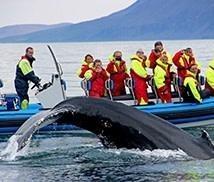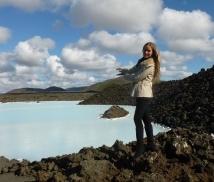Welcome to ISLANDICA :-)
It seems that the link you were looking for is no longer active. But don't worry, through the menu below you can find the information you were looking for. If you can't find it, we are here at your disposal in person. Contact us.

 ES
ES  EN
EN 





